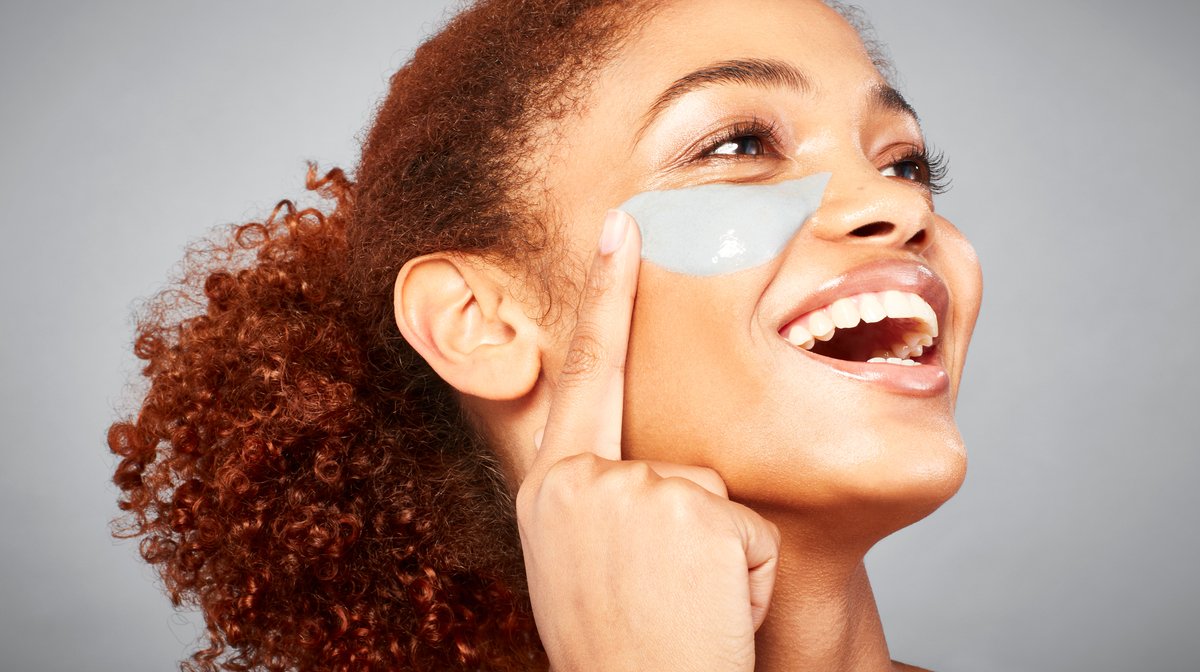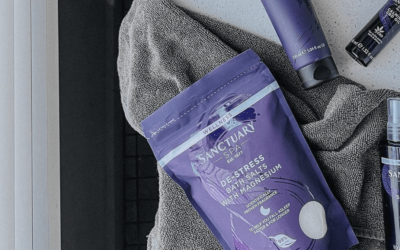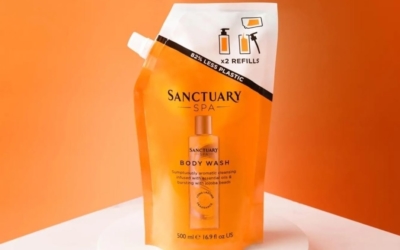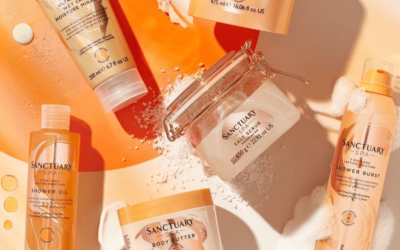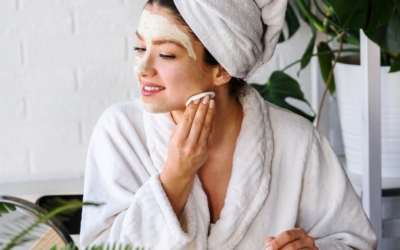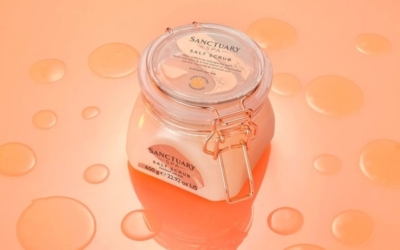If you’re at all interested in skincare, there’s a good chance you will have noticed the bewildering array of charcoal skincare products on offer. To help you make informed decisions about the best way to look after your skin, we thought it a good idea to run through some of the main benefits of charcoal for skin and to explain why this substance is so good for your face and body.
- Charcoal and different skin types
- Charcoal face masks
- Charcoal cleansers
- Charcoal and bodycare
- What to look for in charcoal products
What is Charcoal for Skin?
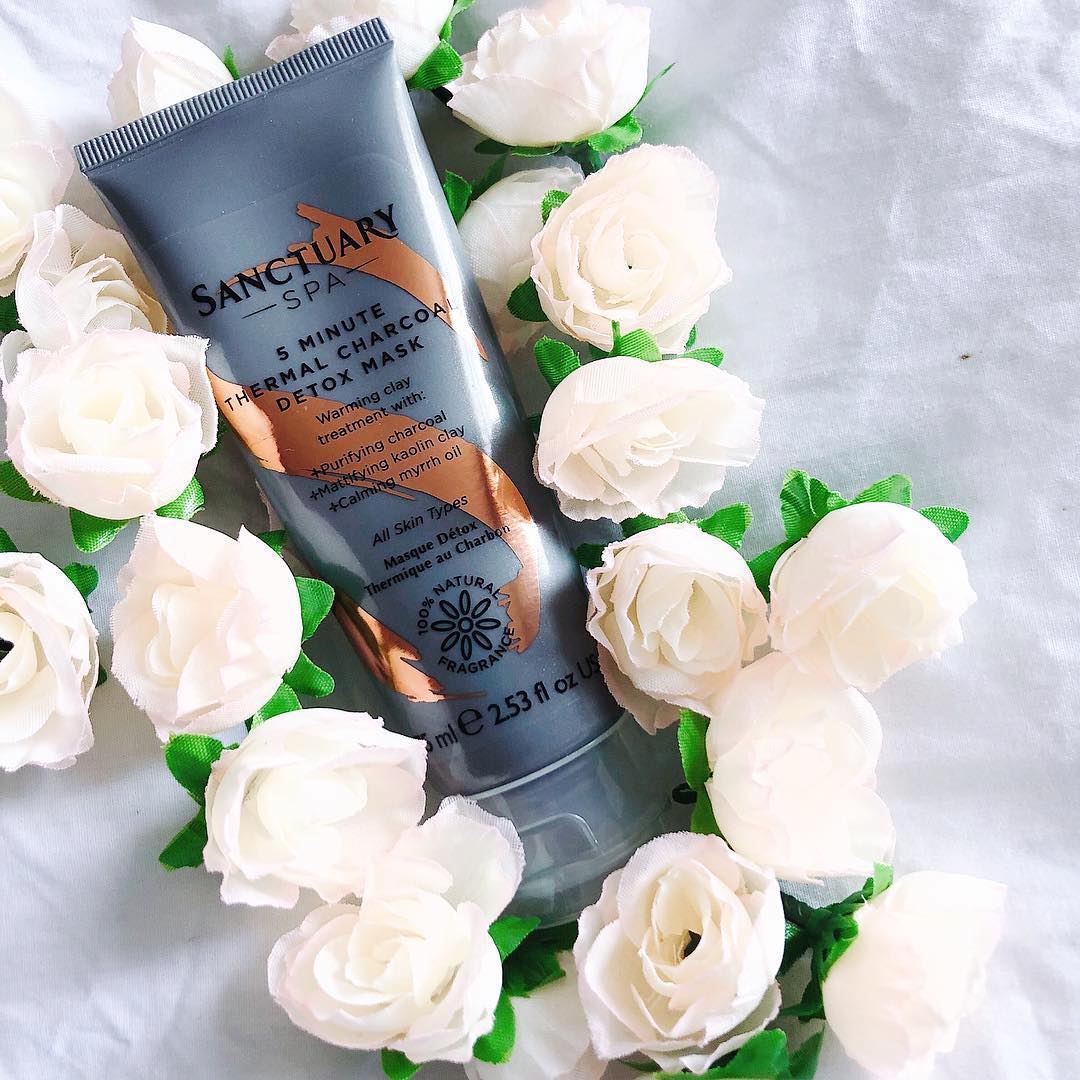
Traditionally, charcoal has been used as fuel. It is made by burning carbon-based substances, such as peat, coal, or wood, in the absence of oxygen. This process results in a carbon residue that burns cleanly and at a high temperature – largely because water and other impurities are eliminated when the charcoal is made.
Everyone that’s ever had a barbeque knows what a great fuel it is, but what’s less known is that charcoal has been used medicinally for much of human history. And it’s now a common ingredient in many skincare products, including face soaps, exfoliators and masks.
With skincare products, you’ll often encounter the term ‘activated charcoal.’ This simply means that the charcoal has been treated to make it more absorbent and better suited to tackling oily skin.
Is Charcoal Good for Skin?
We’re often asked what does charcoal do for your skin? In general, charcoal is supposed to absorb toxins, cleanse and purify the skin, and help treat oily skin.
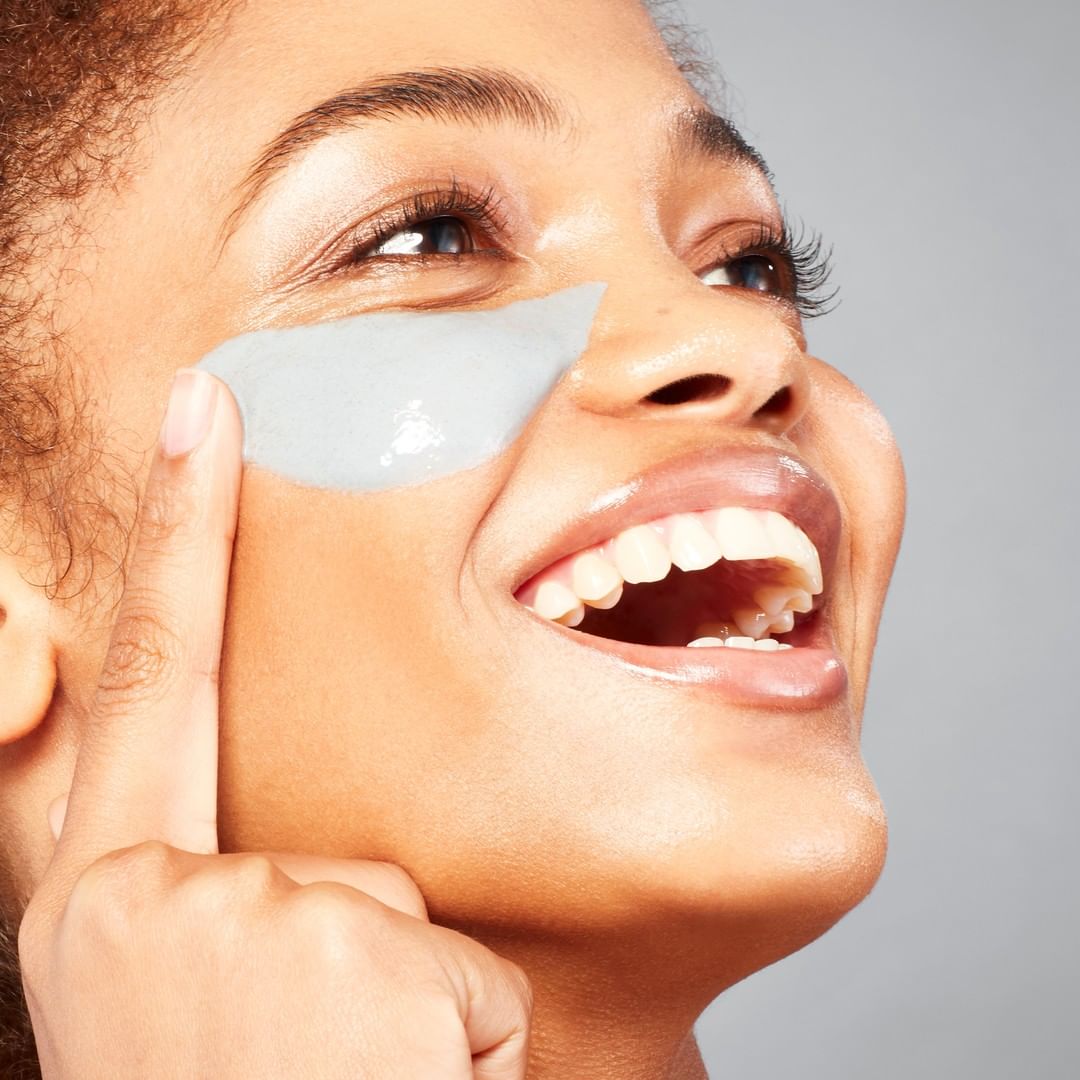
However, the answer largely depends on your skin type. Below, we run through a few of the benefits of charcoal for skin, for each of the different skin types.
Oily skin
Charcoal is considered a real skincare super-ingredient for those with oily skin. This is particularly true when it comes to products that contain activated charcoal. The benefits of charcoal on oily skin include:
- The chemical structure of activated charcoal makes it remarkably absorbent, letting it soak up excess facial oils
- Reduces the appearance of blackheads
- Prevents new acne from emerging
Sensitive skin
If you want to give charcoal a try but are worried about your sensitive skin, there’s some good news – charcoal is an excellent ingredient for those prone to irritation. This is because charcoal is inert, meaning it does not react with other substances and does not cause allergic reactions. That said, it’s always a good idea to check your skincare products for other ingredients that may prompt an adverse reaction.
Combination skin
Not everyone has either oily or dry skin. Some people have both. If you have some areas of the face that are a little oily and others that are super dry, you have what’s known as ‘combination skin.’ The benefits of charcoal for this type of skin include:
- Charcoal is excellent at tackling oily patches in the T-zone – the T-shaped area that includes the forehead, nose and chin.
- Charcoal use can be localised, so it’s easy to apply to oily areas while avoiding those parts of the face that are usually a little dry.
Normal skin
If you’re lucky enough to enjoy ‘normal skin’ – that’s skin that’s neither dry nor oily – charcoal can still play a significant role in your skincare routine. It’s detoxifying, and cleansing properties ensure it’s a popular ingredient in freshening products, such as face wipes or sponges. It’s also a great addition to your skincare collection if you’re concerned about the effect pollution or atmospheric toxins can have on your skin.
Dry skin
The principal benefits of charcoal are its ability to absorb oils and cleanse the pores of impurities. While the former isn’t what you want if you have dry skin, you may still want to use charcoal to help with the latter.
Fortunately, a range of charcoal products has been developed specifically for those with dry skin. Just look out for skincare products that include a moisturising ingredient and make sure you finish your skincare routine by moisturising.
We would highly recommend the Warming Charcoal Detox Wash if you’re looking for something that moisturises and refreshes, while also removing oils.
,
Charcoal Face Mask Benefits
Charcoal face masks and cleansers benefit your skin in several different ways. From removing toxins to minimising pores, we run through a few of the major advantages below.
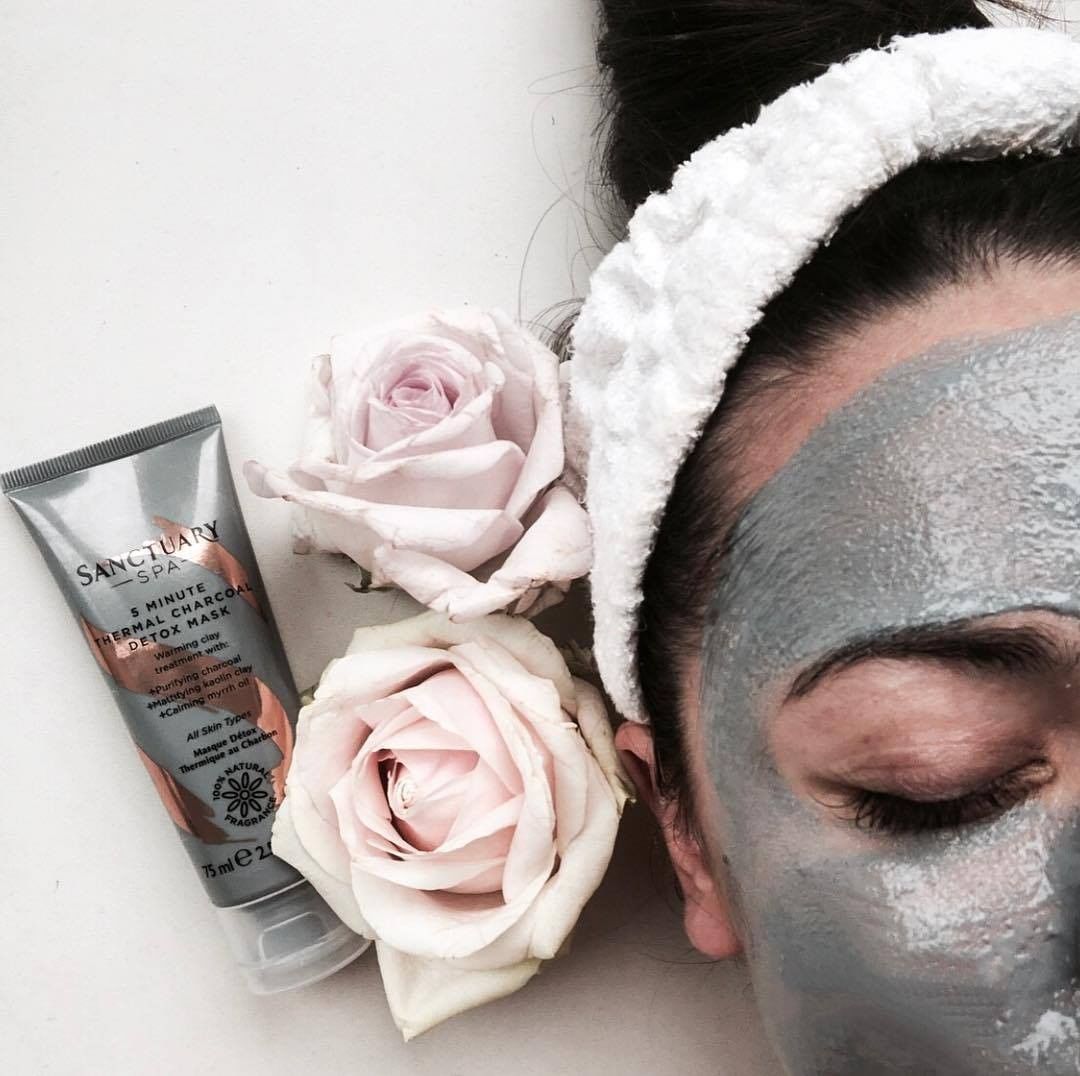
1. Purifies & removes toxins
Charcoal works to purify the skin and remove toxins in the following ways.
- Blocked and congested pores are responsible for that dull, lacklustre look and often cause acne and blackhead outbreaks.
- Activated charcoal penetrates deep into the pores, removing toxins and other impurities hidden far below the skin.
- This exfoliation and extraction process results in a smoother, softer and more natural glow.
If you’re looking for a product that epitomises this type of charcoal skin benefit, look no further than the Purifying Charcoal Bubble Sheet Mask. This two-part product foams up and dislodges dirt and grime, then washes it away, leaving your skin revitalised.
,
2. Minimises pores
Activated charcoal has a larger surface area than untreated charcoal, so it’s better at absorbing the impurities that clog the pores and make them look large.
However, both activated charcoal and traditional charcoal are fantastic pore-minimisers. This is because they attract all the dirt hidden deep down and extract it, allowing your pores to settle, shrink and reduce in visibility.
3. Mattifying – Removes excess oils
This is perhaps the biggest benefit of charcoal for the skin. Oils are responsible for clogging the pores, which can cause repeat eruptions of acne and make blackheads so much worse. Charcoal binds with the oils, ensuring the impurities deep within the pore are removed so that the skin can settle, refresh and regain its natural glow. This rebalances the skin, giving you a consistently fresh look, while also ensuring that your make-up stays on for longer.
If you’re interested in checking out a cult charcoal skincare product, take a look at the 5 Minute Thermal Charcoal Detox Mask. Tackling oily skin doesn’t get much easier.
,
4. Improves the appearance of acne
For those who struggle with acne, it’s often difficult to find products that have a lasting impact and that you can depend on to minimise and eradicate outbreaks. However, charcoal can be counted on to make a difference.
- Acne is often caused by congested pores that are clogged with impurities, toxins, pollution, bacteria, pus and dead cells.
- Charcoal helps draw out these unwanted substances, leaving your pores clean.
- Charcoal is an anti-inflammatory, soothing skin irritated by acne.
- Charcoal helps to balance the skin’s natural oils, including sebum.
Charcoal Face Wash Benefits
Cleansing & purifying
While charcoal face masks benefit the skin in several different ways, there are other products to check out too. Charcoal face washes can play a role in your daily skincare routine, drawing out the impurities, toxins and pollution that have accumulated over the day to leave you feeling and looking fresh.
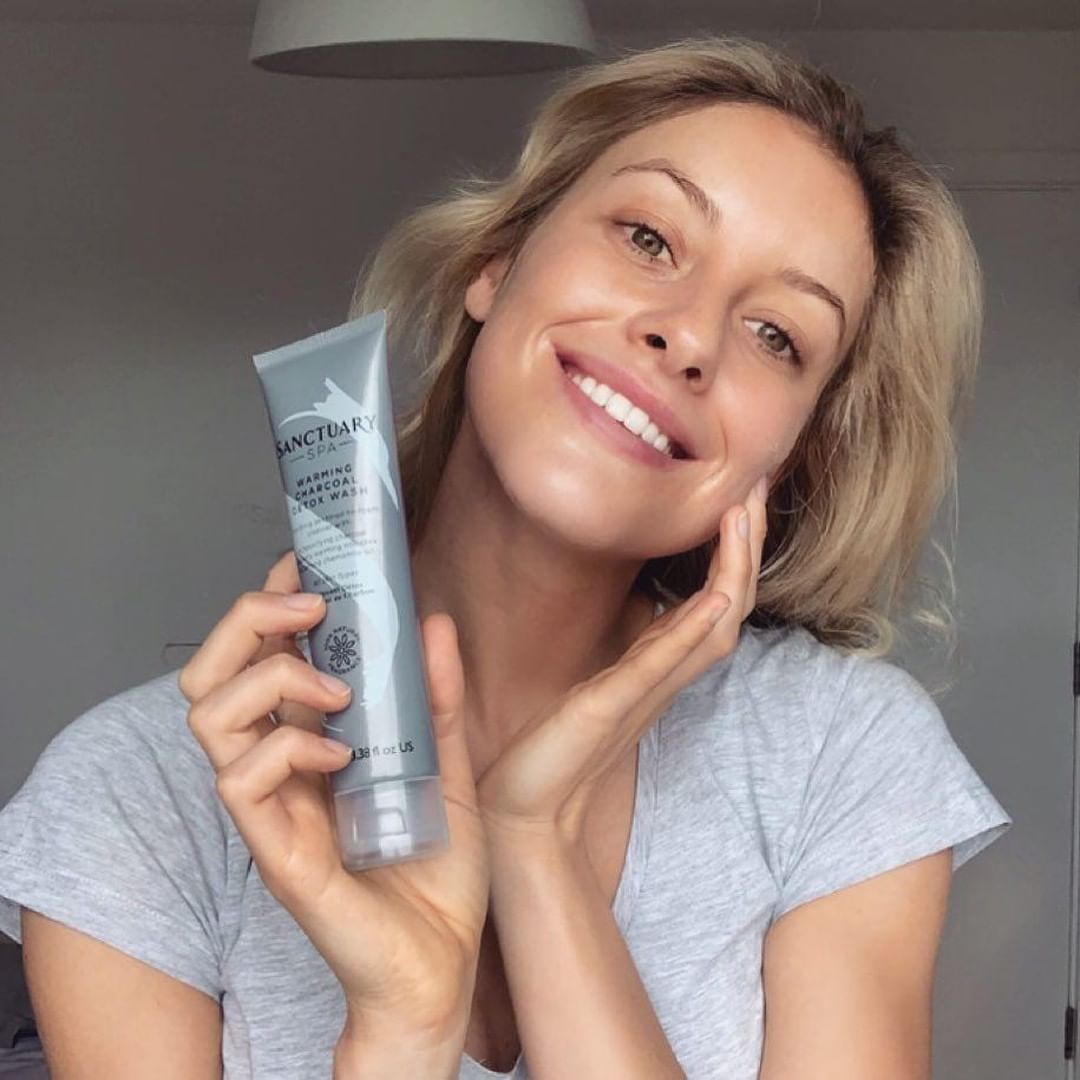
The Warming Charcoal Detox Wash is an excellent example of this type of charcoal face wash. Its unique gel-to-oil-to-foam formula means it’s unbeatable when it comes to extracting impurities but still easy to wash away once you’re feeling clean.
,
Charcoal For Bodycare
Skincare isn’t just about the face. You’ve got to get on board with body care, too. While oily or acne-prone skin on the face may be more obvious than irritated skin elsewhere on the body, it’s still a good idea to look after everything you’ve got.
The benefits of charcoal for the face apply to the body, too. Take the Charcoal Detox Shower Burst. Combining charcoal and menthol to cleanse and revitalise the skin, the gel goes from black to white as you lather it up and leaves you feeling totally purified.
,
What to Look for in Charcoal Skin Care Products
While there are many benefits of charcoal for the skin, it’s rare to find a skincare product that doesn’t include a host of other ingredients. Consequently, you must look at the entire list of ingredients before you use a product. Though charcoal will likely improve your skin, all benefits may be lost if the product used contains something that irritates your skin.
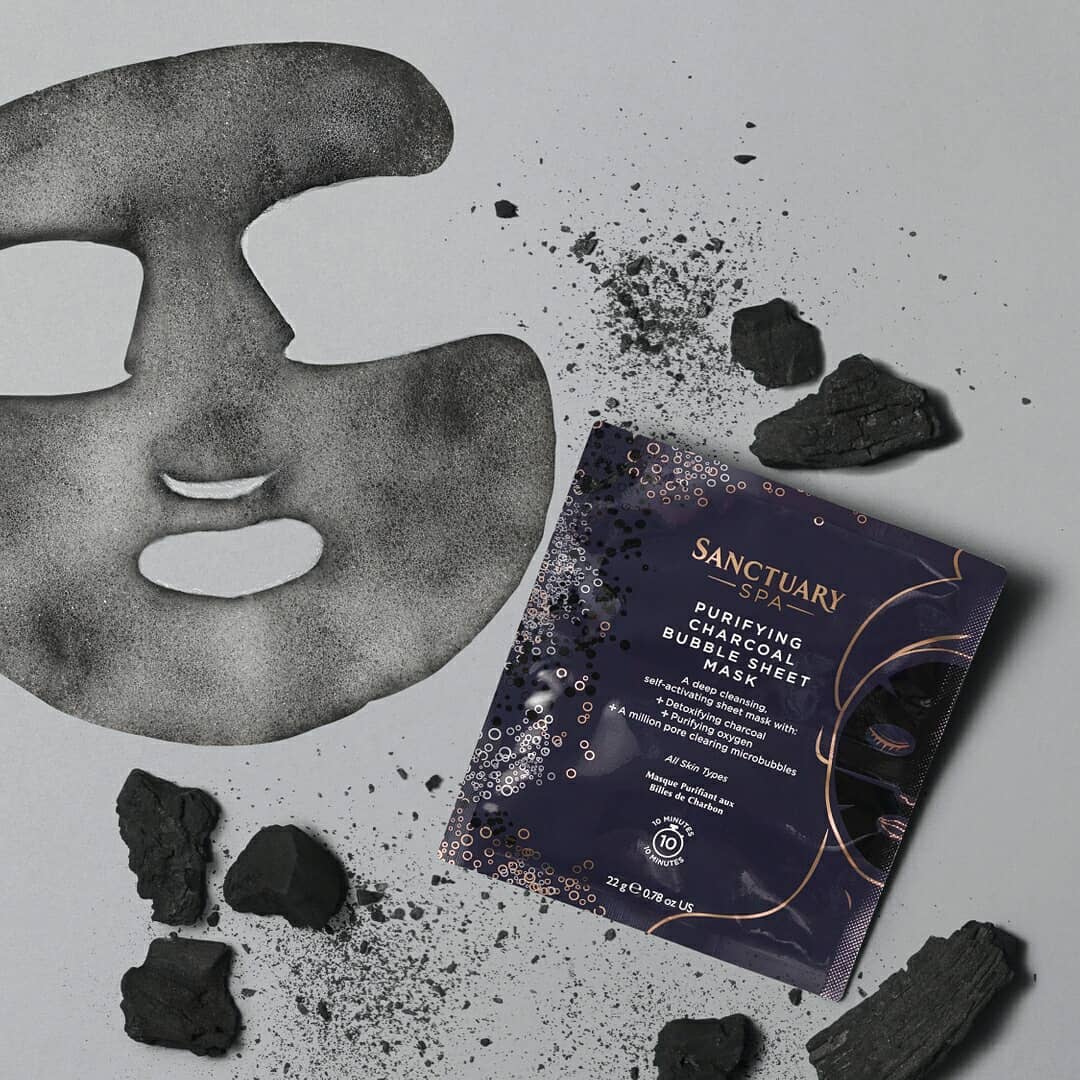
Of course, additional ingredients can also be beneficial and work in combination with charcoal to your advantage. If we look at the 5 Minute Thermal Charcoal Detox Mask, you’ll see that it contains Kaolin clay to mattify the skin without drying it too much and myrrh oil to calm and soothe the skin. This is an excellent all-round skincare package that expertly balances active ingredients for holistic treatment.
,
How To Use Charcoal in Skincare
As with all skincare products, it’s essential to follow instructions carefully. However, in general, you should use charcoal skin products in the following ways.
- When using face washes like the Warming Charcoal Detox Wash, daily application is the way to go.
- With charcoal face masks like the 5 Minute Thermal Charcoal Detox Mask, it’s best to apply 2-3 times a week.
The great thing about charcoal for the skin is that it’s suitable for use on a range of skin types. Whether you have dry skin or combination skin, you’re prone to acne outbreaks or want to minimise the appearance of blackheads, charcoal products could be the answer.
However, charcoal truly excels when it comes to oily skin. Capable of removing impurities, balancing oils and leaving your skin feeling as clean as ever, it’s no wonder charcoal has become such a popular skincare ingredient.
If you’d like more information on the best skincare products or body care products, check out our site, browse our online catalogue and get in touch with any questions you may have.
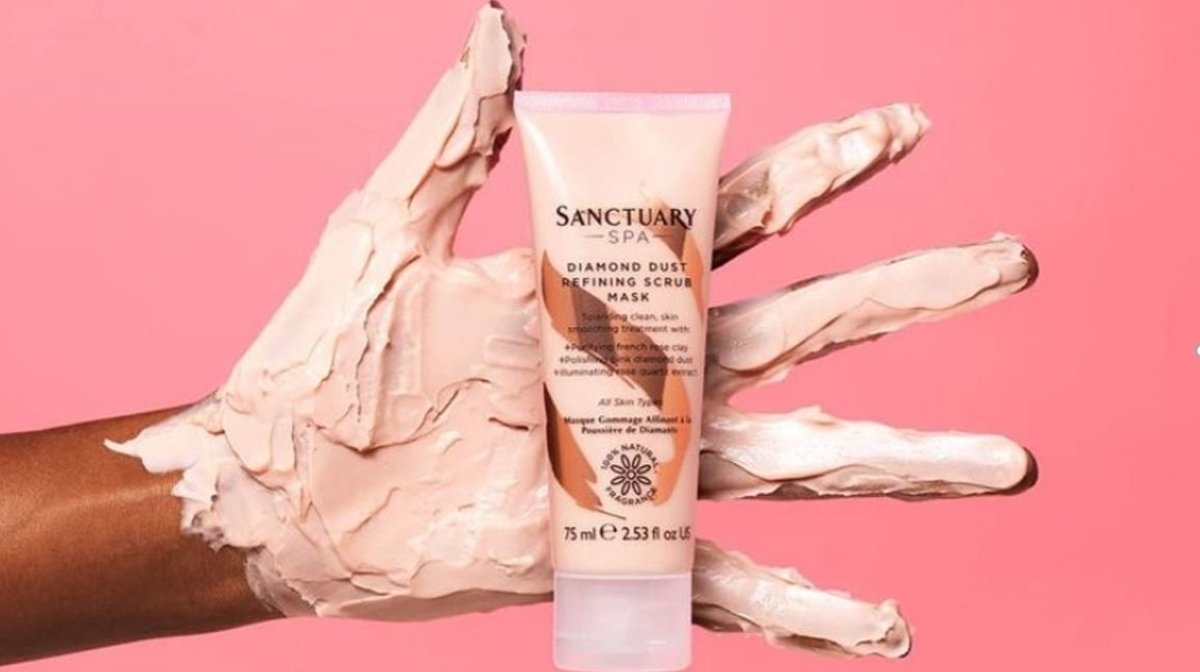
The Benefits Of Clay Face Masks
Clay face masks help to draw out impurities, clear blemishes and brighten skin tone.
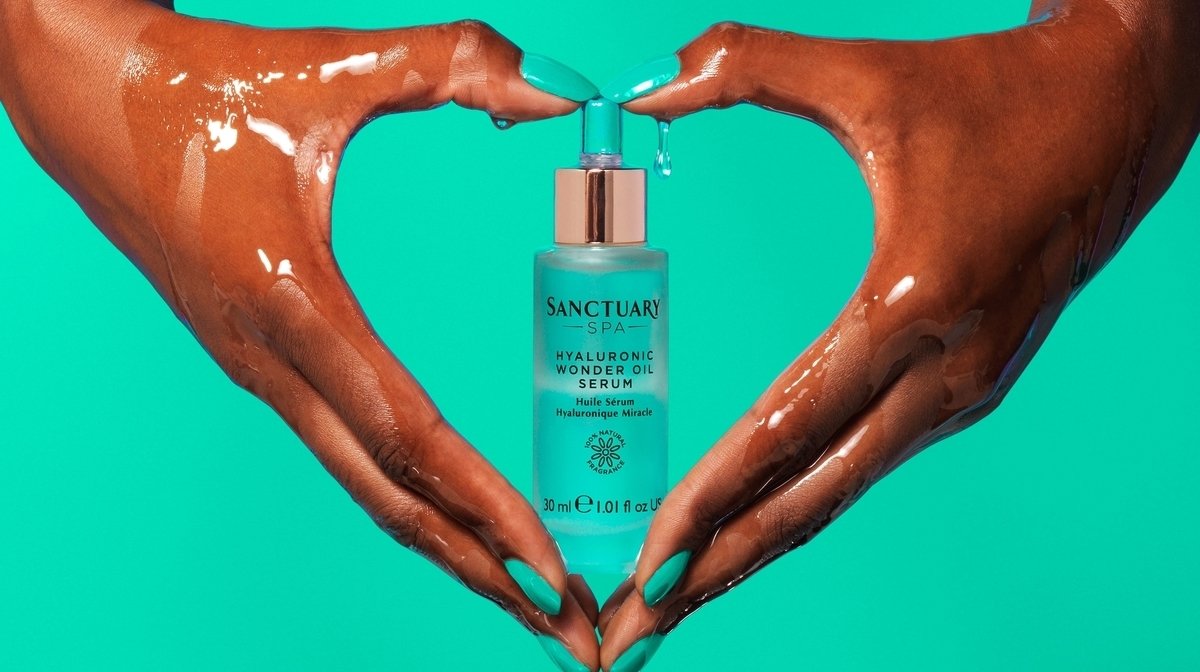
What Are The Benefits Of Hyaluronic Acid?
Hyaluronic Acid hydrates, firms and plumps, leaving skin radiant and healthy.
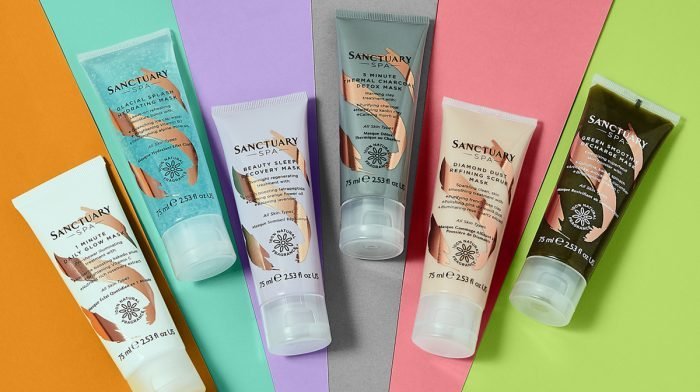
How To Find The Best Face Mask For Your Skin Type
Find the best face mask for your skin type to flaunt healthy-looking skin.
